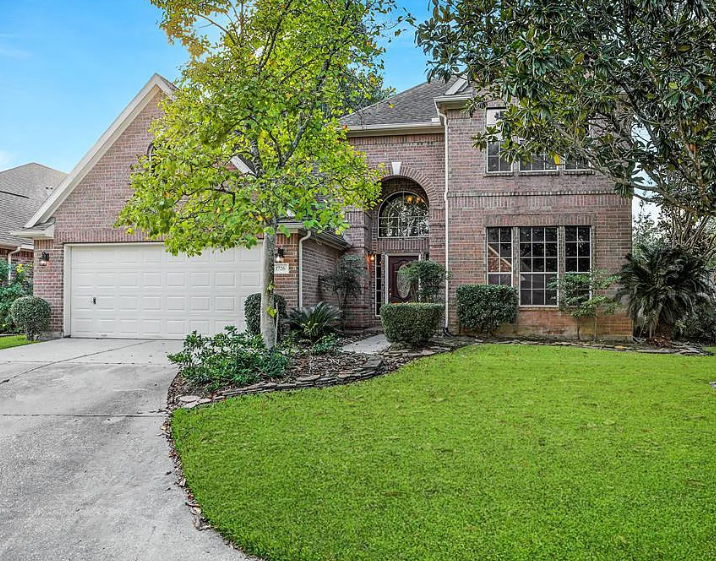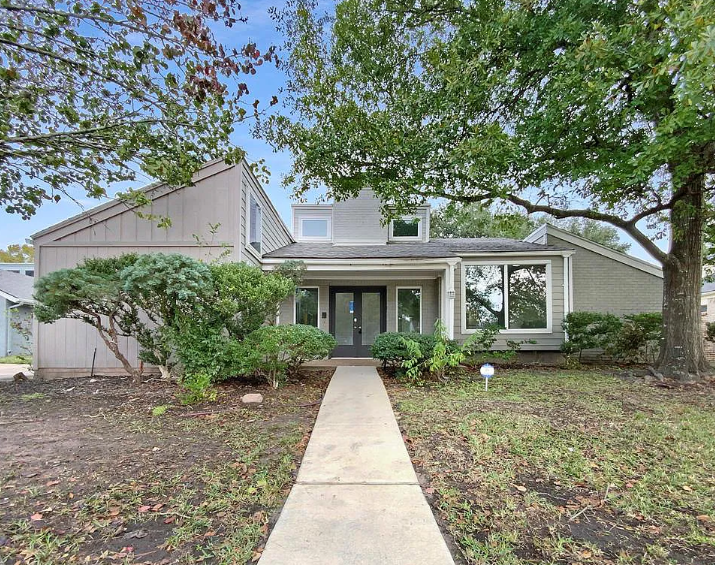Investing in rental properties can be a lucrative and rewarding venture for individuals looking to grow their wealth and generate passive income. Here are some key benefits of investing in rental properties:
- Ongoing Rental Income: One of the most significant advantages of investing in rental properties is the potential for a steady stream of rental income. Rent payments from tenants provide a regular source of cash flow, which can be used to cover expenses, mortgage payments, and even generate profit. Over time, rental income can increase as you raise rents in line with market rates.
- Appreciation and Equity Buildup: Real estate has historically shown the potential for long-term appreciation in value. As the property appreciates, the value of your investment increases. Additionally, as you pay down the mortgage with rental income, you build equity in the property, which can be leveraged for future investments or used as collateral for other financing needs.
- Tax Advantages: Rental properties offer several tax benefits for investors. Many expenses related to property management and maintenance, such as repairs, property taxes, insurance, and property management fees, can be deducted from rental income, reducing your taxable income. Additionally, depreciation expenses can provide further tax advantages.
- Diversification and Portfolio Growth: Investing in rental properties allows you to diversify your investment portfolio beyond traditional stocks and bonds. Real estate investments have a low correlation with other asset classes, which can help mitigate risk and enhance portfolio stability. Adding rental properties to your investment mix can contribute to long-term wealth accumulation and diversification.
- Inflation Hedge: Real estate investments have the potential to act as an inflation hedge. As inflation increases, rental income and property values tend to rise as well, allowing your investment to retain or increase in value over time. This can help protect your purchasing power and provide a hedge against the erosion of the currency’s value.
- Control and Appreciation through Property Management: Investing in rental properties gives you control over the management and operation of the property. You can make improvements to increase rental value, manage expenses, and ensure the property is well-maintained. By actively managing your investment, you have the opportunity to enhance property appreciation and attract higher-quality tenants.
- Potential for Long-Term Wealth Building: Rental properties offer the potential for long-term wealth accumulation. As you build a portfolio of rental properties and benefit from cash flow, appreciation, and equity buildup, you can create a sustainable income stream and increase your net worth over time. Real estate investments can provide financial security and serve as a retirement asset.
- Flexibility in Exit Strategies: Rental properties provide flexibility in exit strategies. You can choose to hold the property for a long-term rental income stream or sell the property at a later time to realize capital gains. The ability to adapt your strategy based on market conditions and personal goals adds versatility to your investment approach.
While investing in rental properties offers numerous benefits, it’s important to conduct thorough market research, analyze potential returns, and consider the risks associated with property management and market fluctuations. Engaging with professionals such as real estate agents, property managers, and accountants can provide valuable guidance throughout the investment process. By leveraging the advantages of rental property investing, you can build wealth, diversify your portfolio, and achieve financial success in the real estate market.

